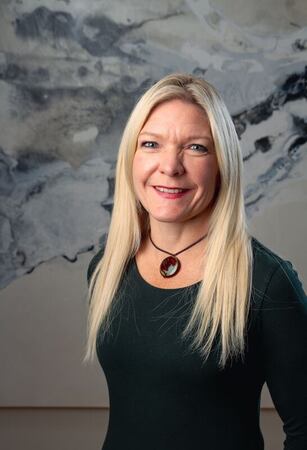VITAL SOUL COUNSELLING
Aims to provide a safe & ethical place for change by approaching all clients with compassion, empathy, & integrity.
Aims to provide a safe & ethical place for change by approaching all clients with compassion, empathy, & integrity.
|
Vital Soul Counselling's Mission is to:
|
What exactly is COUNSELLING?
Counselling is a process of having a relationship with a trained therapist, in a private confidential space. This might take place one-on-one, as a couple, or with a whole family or group. It is a professional relationship that follows a clear set of values, boundaries, and guidelines. Research, theory, and ethical standards guide the direction of counselling. Counsellors remain objective and do not give advice or opinions, nor do they judge others for their thoughts, actions, or behaviours. Counsellors are skilled listeners and will help you feel heard and validated. Counselling helps people regain a sense of power in their lives, and empowers people to reach goals and be the best version of themselves.
Vital: full of energy; essential |
Let me help you to discover & nourish your own VITAL SOUL |
